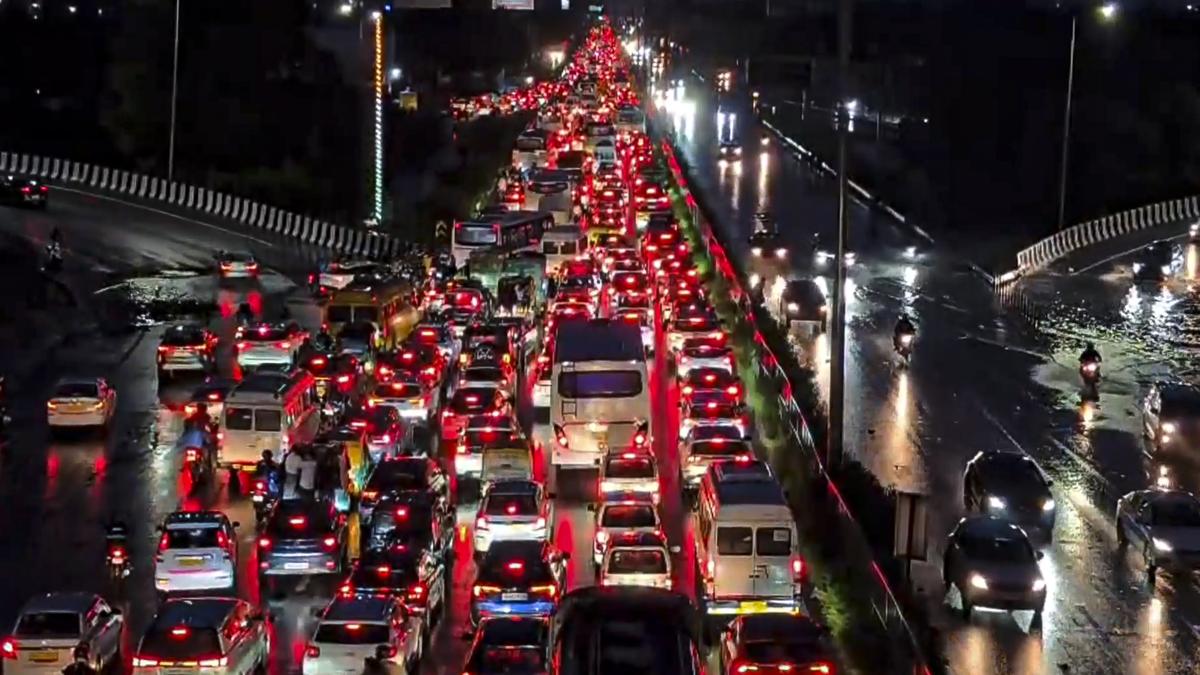The Union government on Thursday (September 4, 2025) informed the Supreme Court that it has reached out to several States with a deal to set up “exclusive and special” National Intelligence Agency (NIA) courts.
The Centre’s overture to the States was in response to a direct caution from the Supreme Court in July 2025 that the judiciary would have no other choice but to release NIA undertrials on bail if there were not enough courts for timely completion of trial.
Appearing before a Bench of Justices Surya Kant and Joymalya Bagchi, Additional Solicitor General Aishwarya Bhati, appearing for the Union government, said hectic talks were on with 11 States. Talks with Kerala and Delhi, especially, were “good”, she said.
Undertrial’s plea
The Bench was hearing a plea for bail filed by Kailash Ramchandani, an accused arrested by the NIA in a case under the Unlawful Activities (Prevention) Act (UAPA). His counsel, senior advocate Trideep Pais, has argued that Mr. Ramchandani had been incarcerated for six years owing to delay in trial.
The top court has repeatedly referred to the sheer burden on trial judges who have to multitask – hear ordinary criminal cases while sparing time to try terror and heinous offences. Delays in trial leave undertrials languishing in prisons.
Additional responsibility
During the previous hearing in July, the top court had highlighted that trials failed to take off or remained stagnant mainly because existing courts had to double up as NIA and special courts.
“Designation of an existing court or entrustment of exclusive trials under the NIA Act to such designated courts would incontrovertibly be at the cost of other court cases including hundreds of undertrials who are languishing in jail, senior citizens, marginalised persons… If authorities fail to establish exclusive special courts with the prerequisite infrastructure for the purpose of conducting time-bound or expeditious trials under the NIA Act, the courts would invariably be left with no alternative but release the undertrials on bail. After all, for how long can such individuals be kept in indefinite custody when no effective mechanism exists to ensure the timely conclusion of their trials?” Justice Kant had asked the Centre.
On Thursday, Ms. Bhati said that out of a little over 50 designated courts, only three were exclusively trying NIA cases.
Justice Kant responded that time-bound trials, particularly in heinous offences, would send a very good message to hardened criminals that they cannot hijack the entire system. But rudderless trial proceedings would, on the other hand, the judge warned, compel courts to grant bail to the accused persons.
The Bench urged the Centre not to wait for the States to put in their financial share for setting up NIA courts.
“You should commence work with your budget,” Justice Kant said.



.png)
.png)
.png)
















 2 hours ago
5
2 hours ago
5








 English (US) ·
English (US) ·